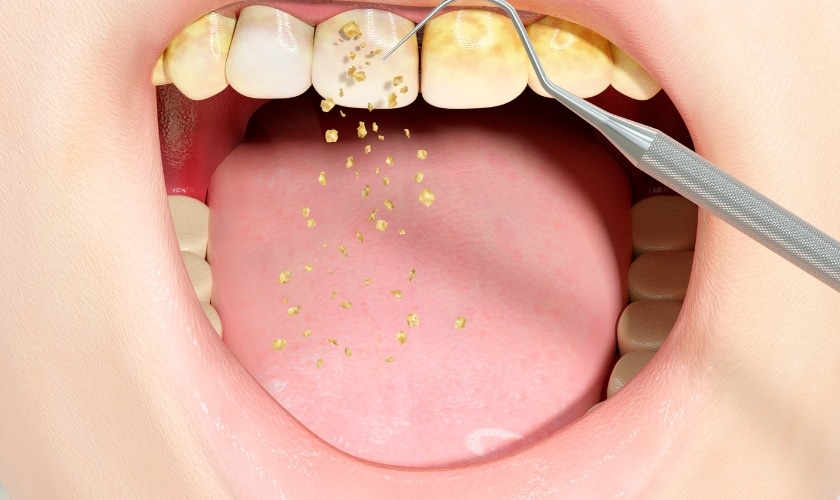
Welcome to the Pacific Northwest Dental blog, where we strive to provide valuable information and insights on all things dental care. Today, we’re diving into a topic that many people often wonder about: how long does a dental cleaning take? Whether you’re a regular visitor or have never had a professional teeth cleaning before, understanding the process and time commitment involved can help put your mind at ease. So grab your toothbrush and let’s get started!
Understanding Dental Cleanings
Regular dental cleanings are an essential part of maintaining good oral health. They involve a thorough and professional cleaning of your teeth, gums, and mouth by a skilled dental hygienist or dentist.
- Your hygienist will use a mirror and probe to examine your teeth and gums, checking for signs of decay, infection, or other issues.
- Brace yourself for the battle against plaque and tartar! Your hygienist will use ultrasonic instruments and scalers to vibrate and scrape away these nasty foes, focusing on hard-to-reach areas.
- Learn from the floss-wielding masters! Your hygienist will floss between your teeth, demonstrating proper technique and highlighting areas that might need more attention during your home routine.
- Get equipped with the ultimate brushing knowledge! Your hygienist will guide you through the correct brushing technique, ensuring you leave with squeaky-clean teeth.
- To add a final touch of shine, your teeth will be polished with a special paste, buffing away any remaining stains and leaving them dazzlingly smooth.
How Long Does a Deep Cleaning Take?
The question of how long a deep cleaning takes is a common inquiry among individuals scheduling dental appointments. The duration varies based on factors such as the condition of teeth and gums, the extent of plaque and tartar buildup, and the necessity for additional treatments.
Typically, a deep cleaning requires more time compared to a regular dental cleaning. While a standard cleaning with the latest technology makes cleaning faster than before and usually takes about 30 minutes to an hour, a deep cleaning can extend from one to two hours or even longer. This prolonged timeframe is due to the intricate processes of scaling and root planing, which demand precision and thoroughness.
Specialized instruments actively remove plaque and tartar below the gumline during a deep cleaning. Furthermore, they actively smooth out rough spots on tooth roots to prevent future bacterial accumulation.
It’s crucial to recognize that each person’s oral health needs are unique, influencing the duration of their deep cleaning. During your appointment, the dentist will evaluate your specific situation and provide you with an estimated timeframe for completion.
While the process may seem time-intensive, investing in this duration for your oral health is essential for the long-term well-being of your teeth and gums. Don’t hesitate to schedule your much-needed deep cleaning.
What Happens During a Dental Cleaning?
During a dental cleaning, the dental professional takes a series of crucial steps to uphold the health of your teeth and gums. Finally, the dental hygienist conducts a thorough examination of your mouth, checking for signs of gum disease or other oral health issues. It also takes X-rays to offer a detailed view of your teeth and jaw.
Following the examination, specialized tools are utilized to eliminate plaque and tartar from your teeth. This process involves a combination of scraping and ultrasonic scaling, with particular attention given to challenging areas like the gumline.
Once the scaling is finished, the hygienist proceeds to polish your teeth using a gritty toothpaste-like substance. This step aims to eliminate surface stains and leave your teeth with a shiny, smooth appearance.
After the removal of plaque, tartar, and stains, the hygienist flosses between each tooth to eliminate any remaining debris. Additionally, they might suggest an antimicrobial rinse or fluoride treatment for extra protection against cavities.
Tips for Dental Cleaning Faster
While the length of a dental cleaning can vary depending on various factors, there are some tips you can follow to help speed up the process.
- Arrive early for your appointment.
- Thoroughly Brush and Floss Beforehand
- Relax During the Cleaning
- Effective Communication
- Maintain Good Oral Hygiene Between Appointments
- Schedule Regular Dental Cleanings Every Six Months
- Stay Proactive with Preventive Care
In conclusion, the duration of a dental cleaning is not a one-size-fits-all concept. Pacific Northwest Dental in Beaverton stands out for its commitment to providing thorough, efficient, and personalized cleaning experiences. By addressing the standard duration, influential factors, and often overlooked aspects of dental cleanings, this article aims to equip readers with valuable insights into the world of oral health, leaving them better informed and empowered to make optimal choices for their dental care.
It’s best to wait for the anesthesia to wear off before eating or drinking,typically around 2 hours. Hot and acidic foods may also irritate your teeth, so stick to cool, soft options initially.
While cleanings remove surface stains, they won’t significantly whiten your teeth. For professional whitening, consult your dentist about options like bleaching trays or in-office whitening procedures.
Generally, twice-yearly cleanings are recommended for optimal oral health. However, your dentist may recommend more frequent cleanings based on your individual needs.
Don’t hesitate to communicate your concerns to your dentist! They’re trained to provide a comfortable and anxiety-free experience. Pacific Northwest Dental-Dentist Beaverton offers gentle care and sedation options to ease your nerves.
Maintaining good oral hygiene at home with regular brushing and flossing can significantly reduce the amount of plaque and tartar buildup, potentially shortening your cleaning time.
While regular cleanings are essential for maintaining optimal oral health, practicing good oral hygiene at home, including twice-daily brushing, flossing, and using mouthwash, can significantly reduce the buildup of plaque and tartar, potentially allowing for longer intervals between cleanings.
